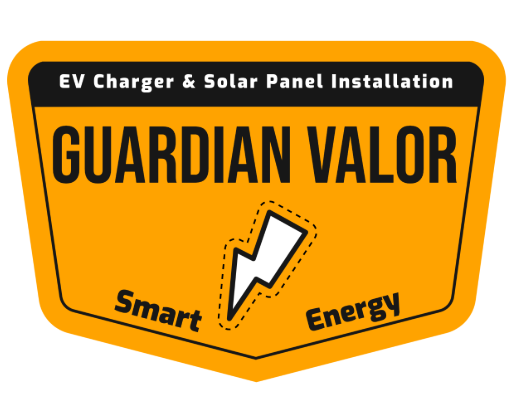Stop Wasting Time and MoneyPublic EV Charging
Costs You $31,200 and 65 Days.
Absolutely, wall-mounted chargers are a great space-saving option, and our team is skilled at securely and efficiently installing them.
It varies. If your electrical panel is up-to-date and your garage is close to it, you’re looking at a quicker setup. However, if you need upgraded wiring or your garage is a good distance from your electrical panel, it could take a bit longer. Either way, we’re committed to giving you a seamless and efficient installation experience.
Absolutely. Our certified electricians are trained specifically in the nuances of EV charger installations, ensuring safety and optimal functionality. You’re in expert hands with us.
In some cases, tax credits are available. We’ll help you navigate the fine print to maximize your financial benefits.
Installation time varies (between 7 to 14 days) based on the type of charger and the complexities of your site, but we strive for efficiency. We’re in and out before you know it, with minimal disruption to your day. Learn more about our EV Installation Process.
From Level 1 to Level 2; we offer a broad range of charging solutions to match your vehicle and lifestyle.
Absolutely, wall-mounted chargers are a great space-saving option, and our team is skilled at securely and efficiently installing them.
It varies. If your electrical panel is up-to-date and your garage is close to it, you’re looking at a quicker setup. However, if you need upgraded wiring or your garage is a good distance from your electrical panel, it could take a bit longer. Either way, we’re committed to giving you a seamless and efficient installation experience.
Absolutely. Our certified electricians are trained specifically in the nuances of EV charger installations, ensuring safety and optimal functionality. You’re in expert hands with us.
In some cases, tax credits are available. We’ll help you navigate the fine print to maximize your financial benefits.
Installation time varies (between 7 to 14 days) based on the type of charger and the complexities of your site, but we strive for efficiency. We’re in and out before you know it, with minimal disruption to your day. Learn more about our EV Installation Process.
From Level 1 to Level 2; we offer a broad range of charging solutions to match your vehicle and lifestyle.
